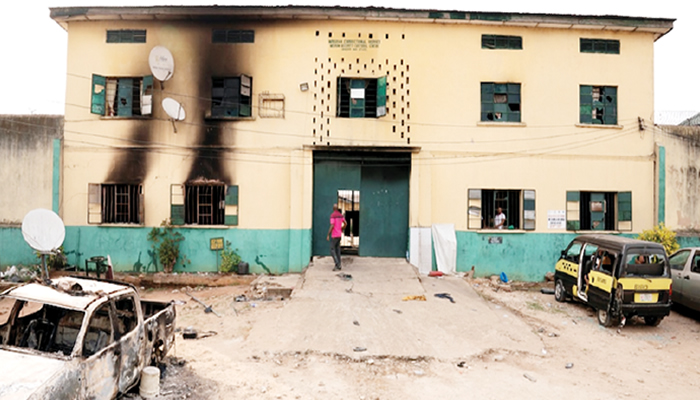The West African civic space suffers authoritarian oppression from its ‘democratic’ administrations. Civic space restrictions and violations have become a disturbing trend in the region, from protest bans in Guinea to strict regulations of civil society organisations in Mali. Recently, in Ghana, LGBTQ+ activists suffered silence and outright dismissal. The condition of civic organisations is made worse by ‘threatened’ democracy and the existence of junta governments in the region.
In Nigeria, civic organisations have played an essential role in advancing democracy, defending human rights and holding government accountable. Despite their lofty goals, civic organisations face significant obstacles that impede their effectiveness. Civic organisations and the Nigerian government constantly seem to be in the middle of an Egyptian-Hebrew tussle. The government’s failure to ensure that these organisations feel seen and heard and operate unrestricted within the country has caused a disruption in their smooth operations.
According to a report released by Civicus, the civic space in Nigeria is “repressed” as it has been for the past four years. This rating is motivated by factors such as restrictions on protests and journalists, the lack of an enforceable legal framework for civic organisations in the country and the failure to uphold fundamental rights and others. Over the years, civic organisations in Nigeria have had their demands shunned and unsatiated. Associations such as the Nigeria Labour Congress, Teachers Union, Academic Staff Union of Universities (ASUU), and Movement for the Emancipation of the Niger Delta, among others, have had their demands quelled and shut down by the government. A vivid example of civic space oppression in Nigeria is the EndSARS protests in 2021, that was met with harsh responses from the government and resulted in the deprivation of rights, pushback and even death.
The lack of coordination among civic organisations in Nigeria leads to inefficiency and limited effectiveness. Many civic organisations in Nigeria face funding constraints that limit their ability to conduct practical and sustainable advocacy activities. External donor funding may also threaten their independence and sustainability. Some advocacy organisations struggle to reach and engage diverse groups, especially those in marginalised and rural communities, due to limited outreach and the inability to mobilise grass-roots support. In addition, these organisations are often subject to intimidation, harassment and even outright repressions from the government, such as arbitrary arrests, surveillance and restrictive legislation.
To amplify their impact, civic advocacy organisations must prioritise collaboration and network building with key stakeholders. This fosters a united front, pooling strengths and resources. A robust platform for information sharing, coordinated action, and joint advocacy efforts can then be established. Investing in organisational capacity building further strengthens these efforts. This includes leadership development, financial management and innovative advocacy and mobilisation strategies.
Focusing on outreach and engagement is crucial to reaching diverse communities and youth. Digital technologies and community-led approaches can facilitate broader participation and support. Civic organisations should advocate for an enabling legal environment that safeguards and promotes their right to freedom of speech, association and assembly. Working with policymakers to support legislative reforms and policy change can help create a better operating environment. Nigerian civil advocacy organisations can bring positive social change and promote democratic governance. By addressing their shortcomings, building stronger relationships with the government, and adopting strategic advocacy approaches, these organisations can increase their impact and contribute to a more just society.
Cooperation between civic organisations and the Nigerian government is important for national unity and development. This partnership fosters a sense of shared goals and allows for inclusive policymaking that incorporates the perspective of civic organisations. A culture of participatory governance and inclusion that values the voice of civic organisations is crucial for effectively creating policies for development.



